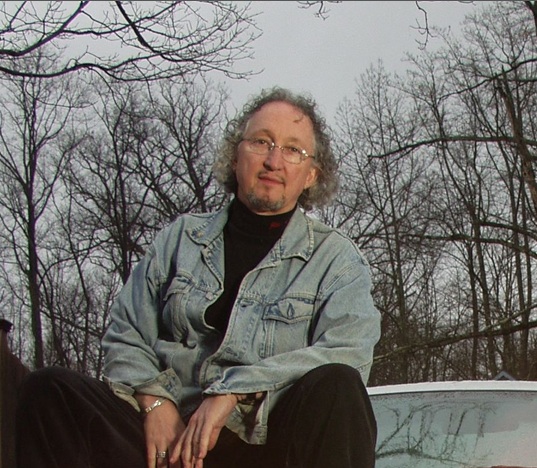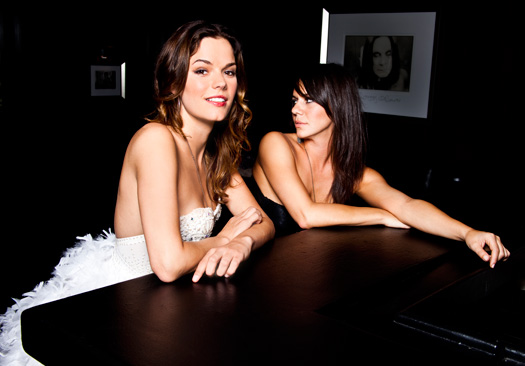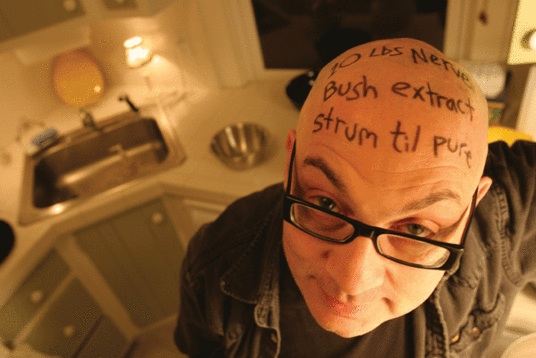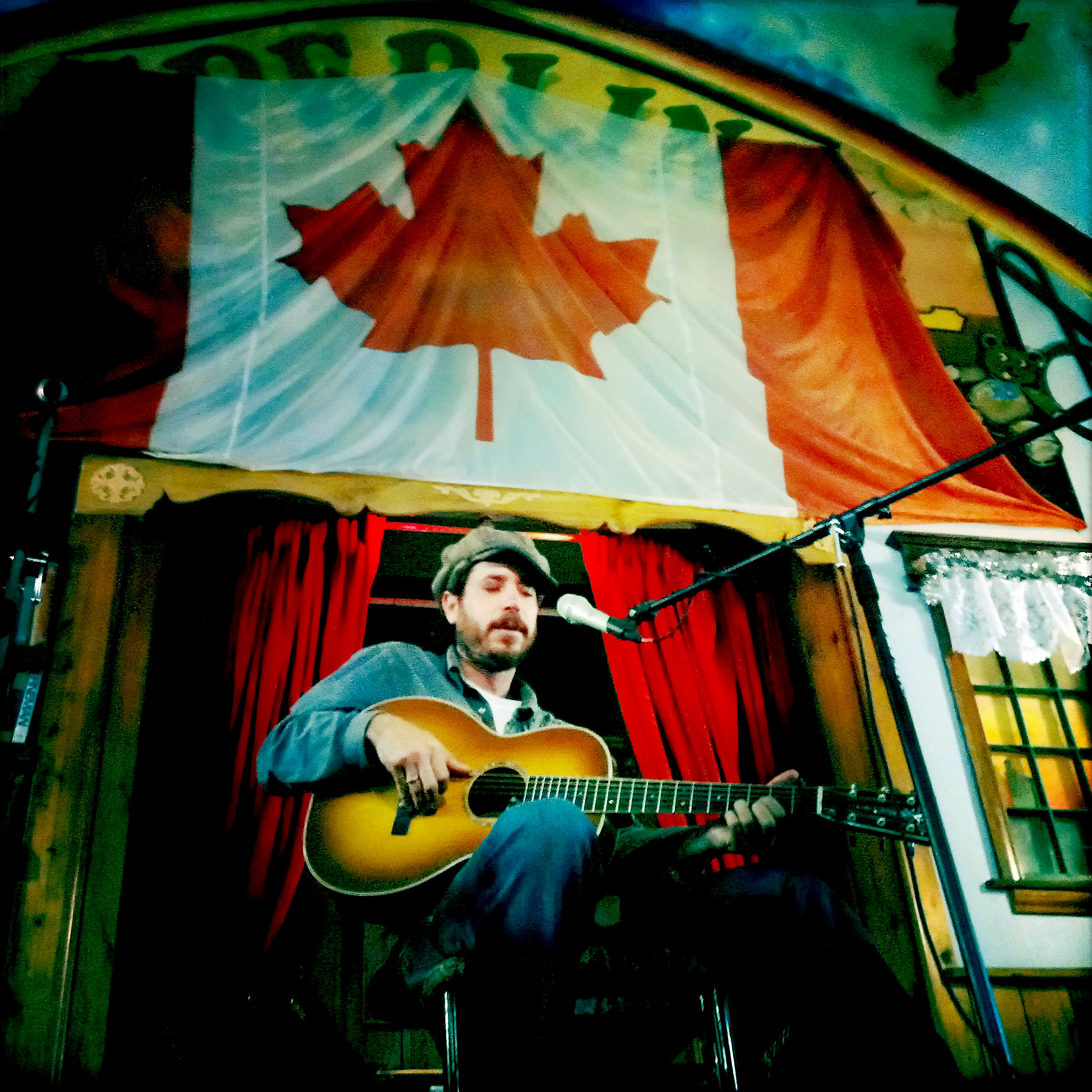
Videos by American Songwriter
Love Bob Dylan? You’re not the only one. We asked a bevy of artists to share their thoughts on the iconic songwriter.
Alec Ounsworth, Clap Your Hands Say Yeah:
Bob Dylan is probably the reason I attempted to write songs in the first place. He might also be the reason I’m keeping on and somehow I imagine he’ll be the reason I stop too.
Nicole Atkins:
I first got into Dylan when I was young and watching an episode of The Wonder Years. “Like A Rolling Stone” was playing in a scene and I just out of nowhere started bawling crying. The song moved me that much. It kinda freaked me out.
Matthew Ryan:
I can’t remember not being a Bob Dylan fan. For a songwriter, it’s like asking when did you get into breathing?
Jeffrey Lewis:
Like probably every teenager who hears Dylan you get inspired to just string words together and write these rhyming nonsense songs. But then you learn that it’s pointless to go in a Dylan direction, he covers his own territory completely, there’s no way to write like him without seeming like a pale imitation. So he’s a good artist to be inspired by but a bad artist to be influenced by.
Peter Morén, Peter, Björn and John:
As a kid I could put on the earphones and see a Dylan-movie, or read a Dylan-novel, if you like. Even the ostensibly least understandable songs makes you go places you wouldn’t dream up by yourself. All good music takes you places but I think with Dylan in his prime the overwhelming amount of words just drew you in and made you wanna stay forever.
Ian O’Neil, Deer Tick:
My favorite albums are John Wesley Harding and Time Out Of Mind. They are both stark in their delivery and I like when Bob Dylan has an intimidating, almost frightening seriousness. Lyrically, they span both interesting ideas and emotions. I think The Basement Tapes also has a very similar feeling to it.
Joshua Britt, The Farewell Drifters:
The first Dylan album I bought was The Times They are A-Changin’ and I was stuck listening to “Boots Of Spanish Leather” on repeat for a year. Dylan has the unique ability to sound like he is from 200 years ago and modern at the same time. Those old recordings of finger-picking tunes like “One Too Many Mornings” or “Tomorrow Is A Long Time” take me somewhere that no other music does. It is the most honest and real sounding music I have ever heard. As a songwriter this is what I am chasing.
Jaron Lowenstein:
It’s hard to trace all the ways he’s influenced me because of all the other artists he has influenced who have influenced me. Directly, every time I think I’ve written something pretty special I hearken back to a Dylan song and realize he’s already tackled the subject and done it much better. He’s the spot in the clouds all artists aim to reach.
Taylor Goldsmith, Dawes:
His structure really shaped how I write. How he filters down to a title and how, in a song like “Tangled Up In Blue,” he’ll rhyme the end of each verse with “blue” to really set it up definitively. Devices like that have been something I’ve always wanted to get better at.
Matt Costa:
Sometimes when I don’t know how to treat a song I will listen to Bob Dylan and that will help me find my way. He’s also the reason I picked up harmonica.
Amanda Watkins, Miss Willie Brown:
The simple fact that Bob Dylan can play any style of music he wants and still be true to himself is probably the greatest gift a musician and writer can have. The man can put out Christmas music and a Christian album and pull it off. Seriously … bad ass.
Hamell on Trial:
He influenced everybody’s music. Especially those that have non-traditional voices and want to take it in a more “literary” direction. Also, I’ll go to my grave saying Masked And Anonymous is a great movie … check the dialog.
Seth Avett, The Avett Brothers:
Bob Dylan is someone who has become a leader in many ways without an articulated desire to do so. He has never claimed to be the legendary/mythical figure that we have made him out to be, which ironically has just become one more reason people have watched and become so interested in him through the years. What stands above all other reasons for this fascination however, and the reason it will remain for centuries to come, is the sheer quality of the man’s work, and the consistent dedication to an ever-changing artistry.
Sarah Jarosz:
I am constantly rediscovering Bob Dylan’s music. I can always hear something new in his lyrics even if I’ve listened to the songs a million times. It’s the depth and soul which keep me coming back to his songs time and time again. As a singer, songwriter, and musician, I have been so inspired by his ability to keep me on a never ending journey through his music.
The White Buffalo:
When I was 19 or so a friend of mine’s father played some Dylan and John Prine songs just sitting round the living room. The following day I went and bought my first guitar from a pawn shop for $125 and immediately started writing songs.
Dylan has set the possibilities of songwriting free. To an utterly limitless level. He dissolved the notion of song structure even before it was discussed. I mean, how the hell do you write seven, eight-minute songs with no choruses or musical changes? You can’t. Bob Dylan can make you sit on every word.
Jorma Kaukonen, Hot Tuna:
I first really picked up on what I thought he was doing when I saw him at the Yale Folk Festival in 1960, which was the only show I caught in its entirety. I also was one of Phil Lesh’s friends on one of those Phil And Friends tours where he split the bill with Bob. He shook my hand at the Phil And Friends show and said, “Hey Jorma, long time.” How much better than that does it get?
Amy Lavere:
I saw him play at a casino in Tunica. He was playing keyboards all night and it was really wacky and I was digging it. This idiot, drunk frat kid screamed “pick up the acoustic Bob!!!” through the whole show. For me, it added to the experience and I was proud Dylan chose not to. I think half the audience wanted to strangle the kid and the other half wanted to chant with him. It was wild.
Henry Wagons:
I saw him play for the first time just recently at a big festival in Byron Bay, Australia called Bluesfest. It coincided with me buying my first ever chili-infused coffee from a Moroccan food tent at the festival. They were the perfect match. Both Bob and the coffee were kinda spicy and bitter, but in the best possible way. He turned off all the screens so no one could see him and he played all of his songs quite differently to what many were expecting. I thought it was a proud and bold artistic statement and I loved every minute. He’s a cheeky bastard.
Ben Kweller:
I saw him in New Jersey, around 2001. I was pretty bummed actually because at the time, I’d been immersed in Another Side, Bringing It All Back Home, etc., and I was expecting to see “young Bob Dylan.” It was my own unrealistic expectations that led to my disappointment. If I saw that show today, I’d have a completely different perception.
Pegi Young (On Neil and Bob’s relationship):
There’s mutual admiration there. Probably the common denominator is that they keep changing. It’s nice that Neil is mentioned in “Highlands.” Of course, he was in a Lynyrd Skynrd lyric too.
Judy Collins:
If you listen to those early records people may not have thought that he was Pavarotti, but you could always hear the words. Albert Grossman brought me a tape in ’61 and asked me, “What do you think? People say he can’t “sing” and I said, “Oh, he can sing.” They were spectacular songs, every word was understandable, and they were for a long time. Maybe he doesn’t care anymore, I don’t know. It’s hard to argue with a genius.
David Crosby:
I first heard him in New York City and he was the hot new thing right then. Everybody was listening to him and was very impressed with him so I went to hear him. Of course, my first thought was, “Well shit, I can sing better than that!” Then I started listening to the words [laughs]… I had to think really hard if I wanted to try and stay in the music business. He was such a good lyricist. His songs took you on voyages and I was completely impressed by the time I walked out of there.
Tom Russell:
I got to talk to him, briefly, behind the Santa Monica Civic in 1963, I believe. A bunch of us kids brought harmonica boxes for him to sign. He rolled down the window of his station wagon. He asked me: “Hey, kid, where’s the nearest liquor store?” We followed his car for a few blocks, and they stopped, and Dylan got out and danced around our car, like a circus performer, and then he got back in his station wagon and they raced off. Into history. It’s like a dream now. The next time I saw him, I was backstage at the Hollywood Bowl, and he’d just debuted “Desolation Row.” Unreal. I was standing back there next to Johnny Cash. The world turned upside down for me at that moment. I knew what I wanted to do with my life. I sort of allude to that in my song “Mesabi.”
Dave Stewart:
What’s he like as a person? He’s really kind, and gentle, and incredibly sensitive. I used to have a driver, a really sweet, huge guy of Jamaican descent, who didn’t have much education. Dylan was at my house once, and he wanted to leave to go back to London. I said okay, my driver will take you there. So they set off, and I get a call about two hours later. It was Dylan on the phone, saying, “ermm, we’re outside of London now.” The driver had been really panicked because he had Bob Dylan in the back, and missed all the signs, and had gone miles beyond, into the countryside. I said, “Oh, you know he has a problem reading.” My driver told me later that Dylan got out of the back and sat next to him and read all the signs, and talked him all the way back to the middle of London, and told him all sorts of things about his life.
Ruth Gerson:
In the late ‘90s I wanted to put “Forever Young” on an album of live shows I had compiled called Not Around Town, songs I had performed in Italy, Israel, Sweden … I sent it to the person responsible for Bob Dylan’s publishing. A few weeks later I got a call that his manager heard it and Bob Dylan had heard it and he was going to come see a show. I was shocked. I scrambled to make sure the show was going to be perfect. I did not expect it to actualize, but I was excited that it could.
The day of the show I received a very kind call that he couldn’t come because of a rehearsal, but he generously invited me over to play some songs during the day. I sat with him, one on one for about an hour and a half. He was so kind. My stomach wouldn’t stop shaking anyway, but he did everything he could to put me at ease. We played songs together. We sat there knee to knee and he soloed on one of my songs called “Summer Waters.” I really could not believe, and looking back still can’t believe that that happened. Bob told me he really liked my songs, especially one called “Roof Jumping” – and whether he really did or not – if he was just saying it to be nice, those words from him have always kept me going.
Bob also noticed on the back of my record there were a bunch of press quotes that praised me as a songwriter. He read them and looked at me, tapping the jewel case with his nail, and said, “Don’t let them call you that. You’re a song performer, not a songwriter. You don’t write the song to sit there on a page. You write it to sing it.” He said – or I remember as – it’s not a song, if you’re not playing it. I’m not sure if I’m quoting him exactly right, but that’s my memory of what he said, and I hope I have it close to right, because that’s what I think about every time I play.
G. Love:
I love Bob like a musical father. I honestly feel like no one has been inspired by him like I have. I guess I’m a psycho fan. He didn’t die, he didn’t sell out, he didn’t pander, he has done it all right. He’s never made a cheesy record. There’s no artist that’s had such a long prolific career and had such an impact on music and society as Bob Dylan. And at the same time, it’s clear to see that from the start and to this very day it’s always been about the music and only the music.













Leave a Reply
Only members can comment. Become a member. Already a member? Log in.